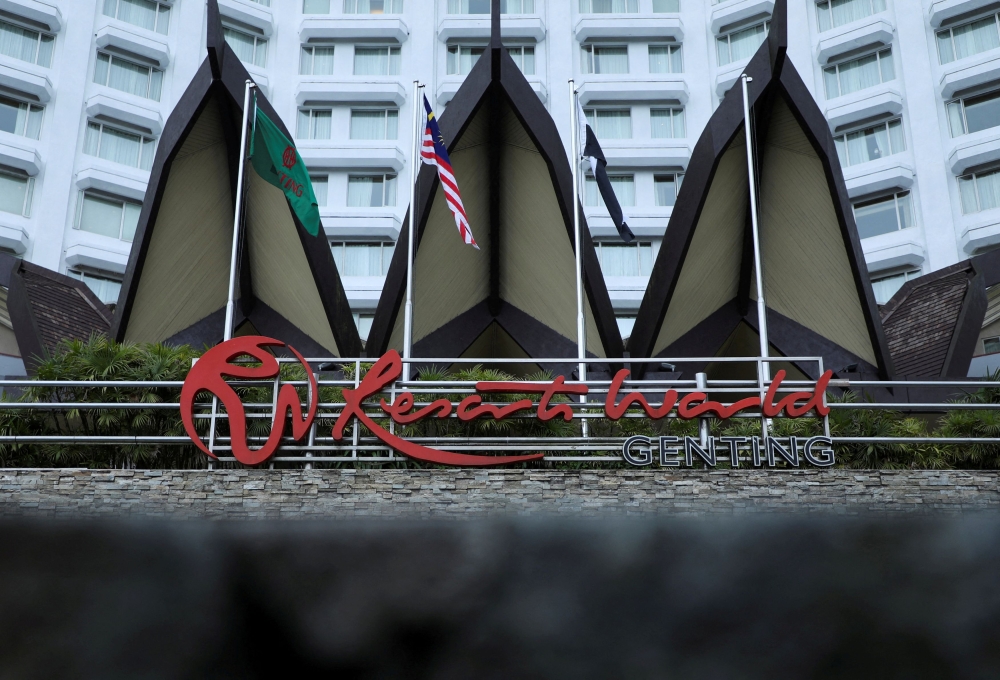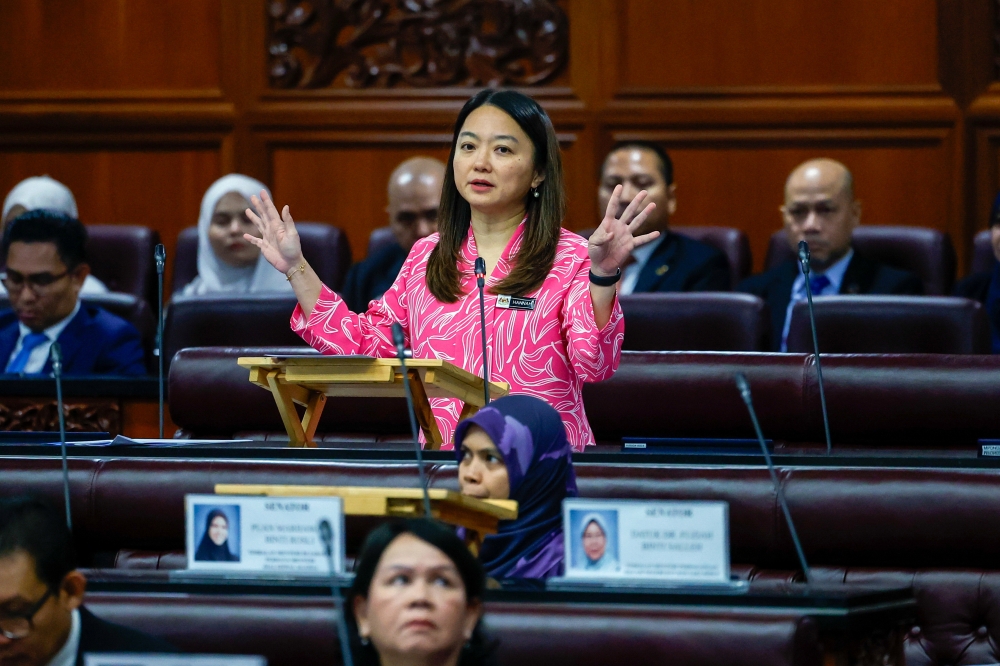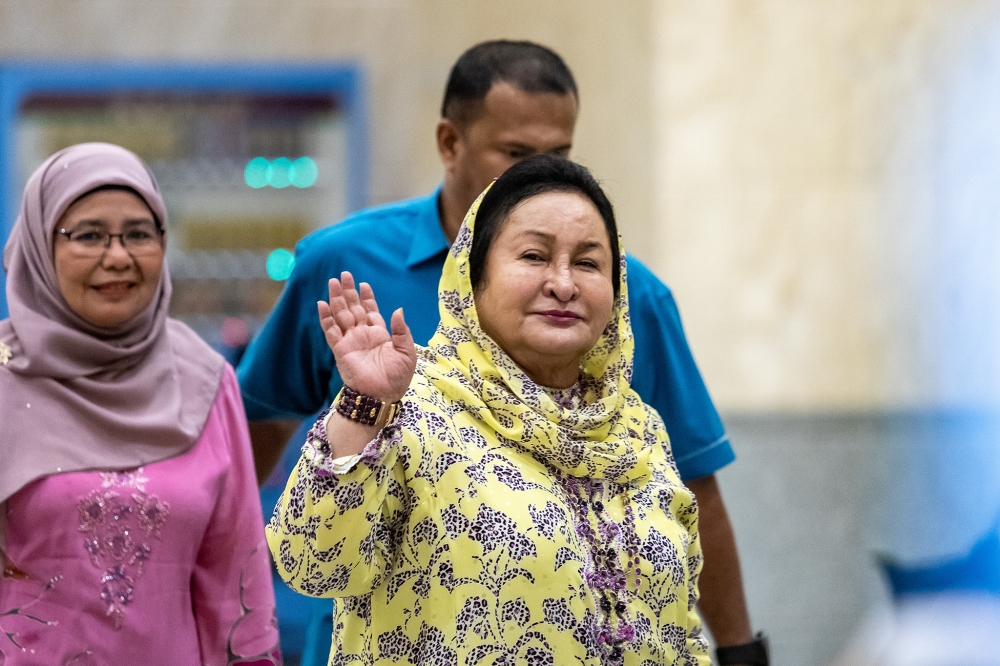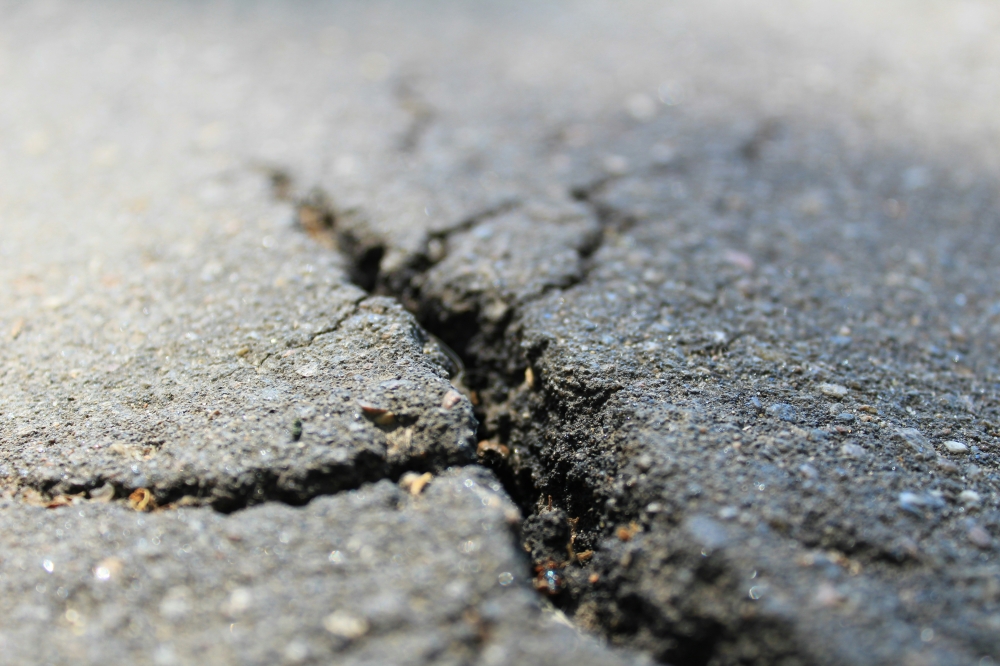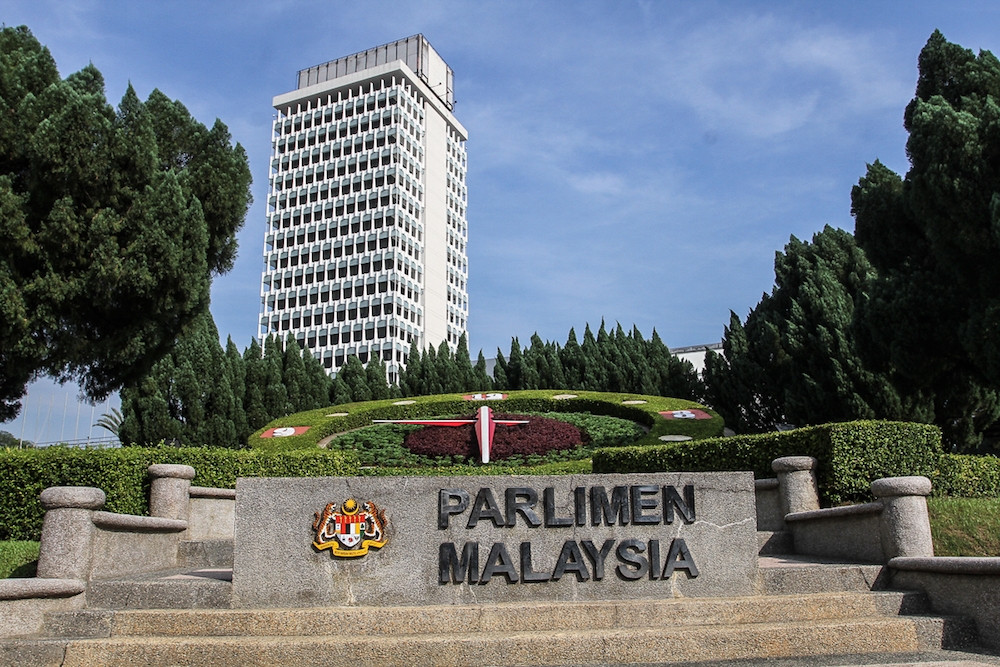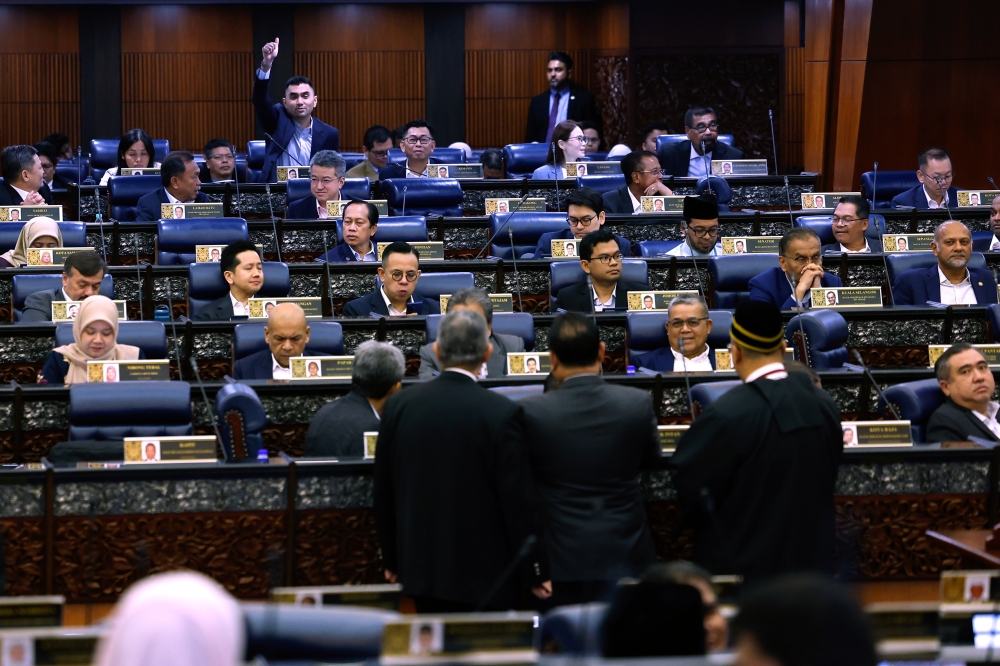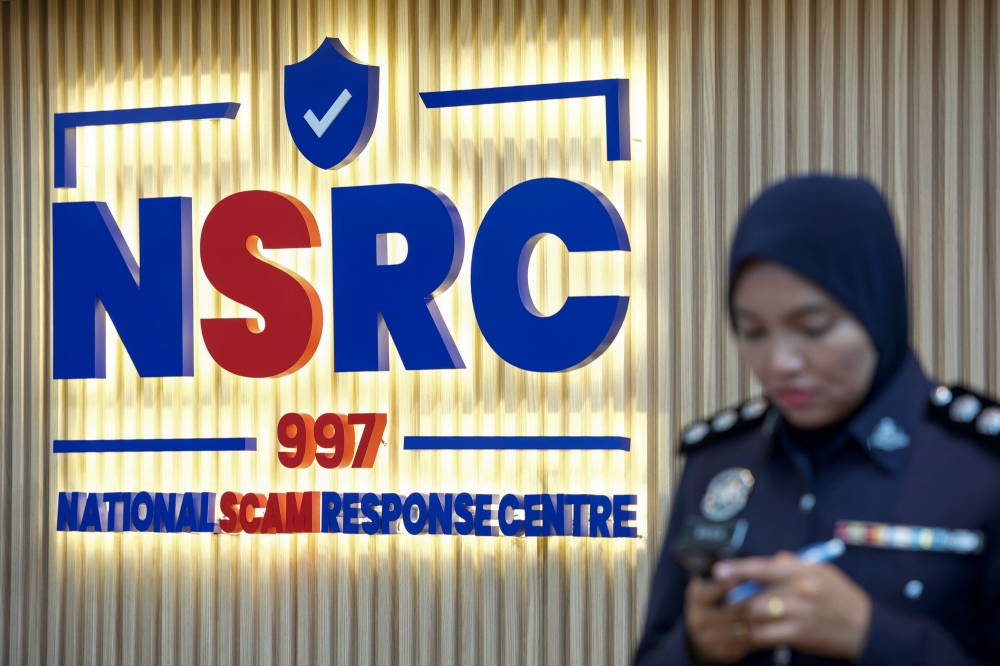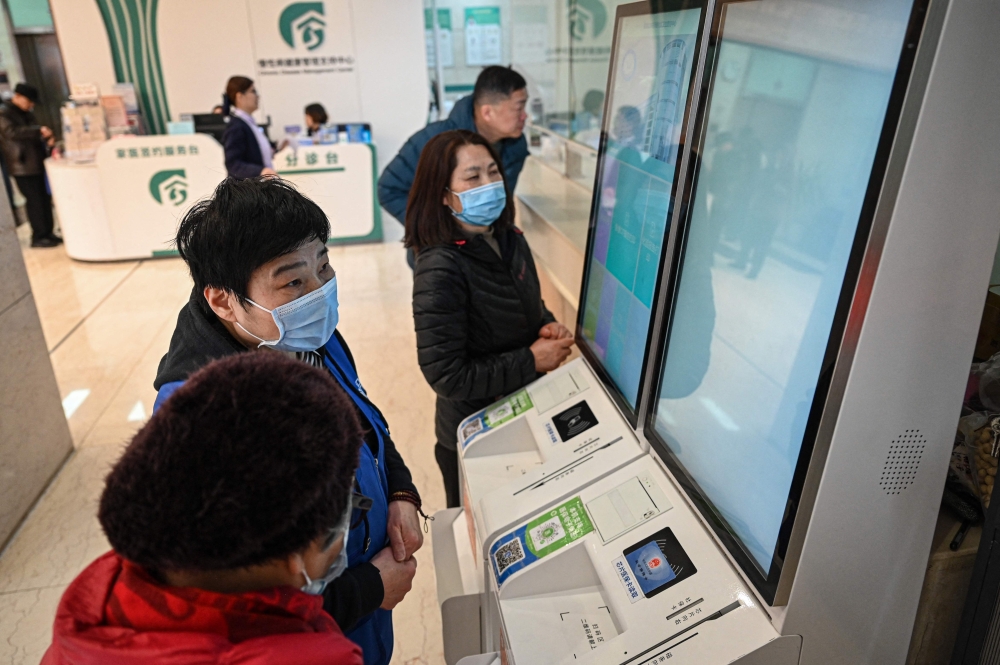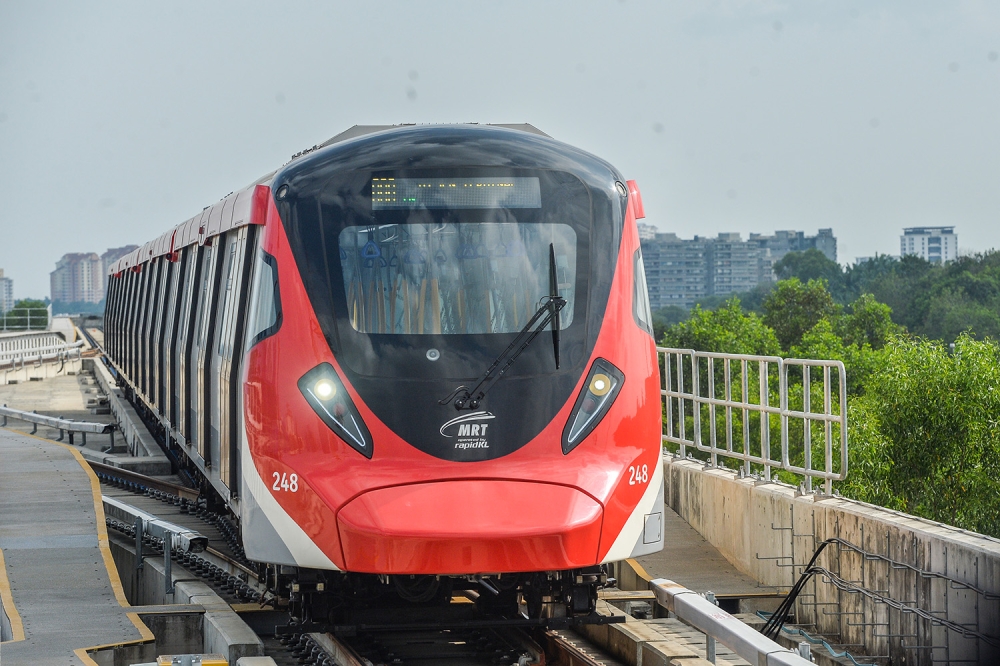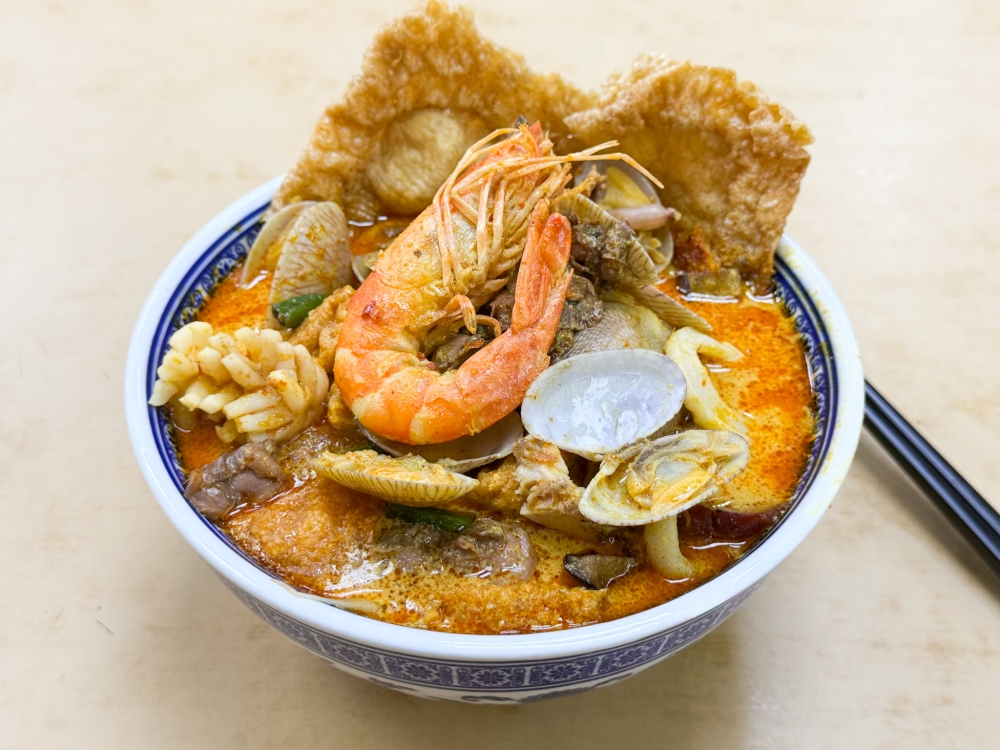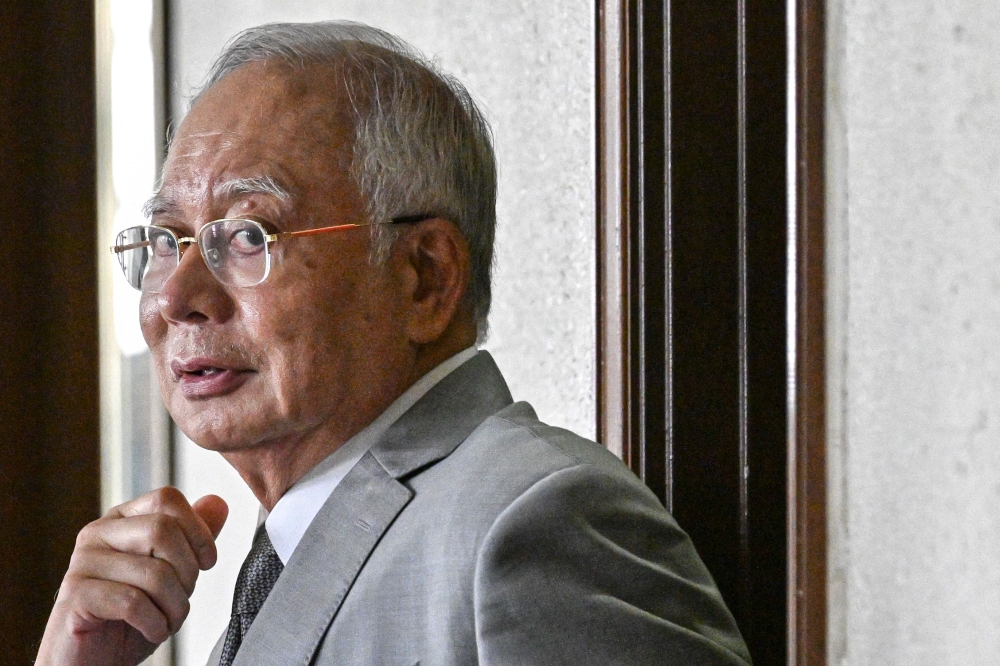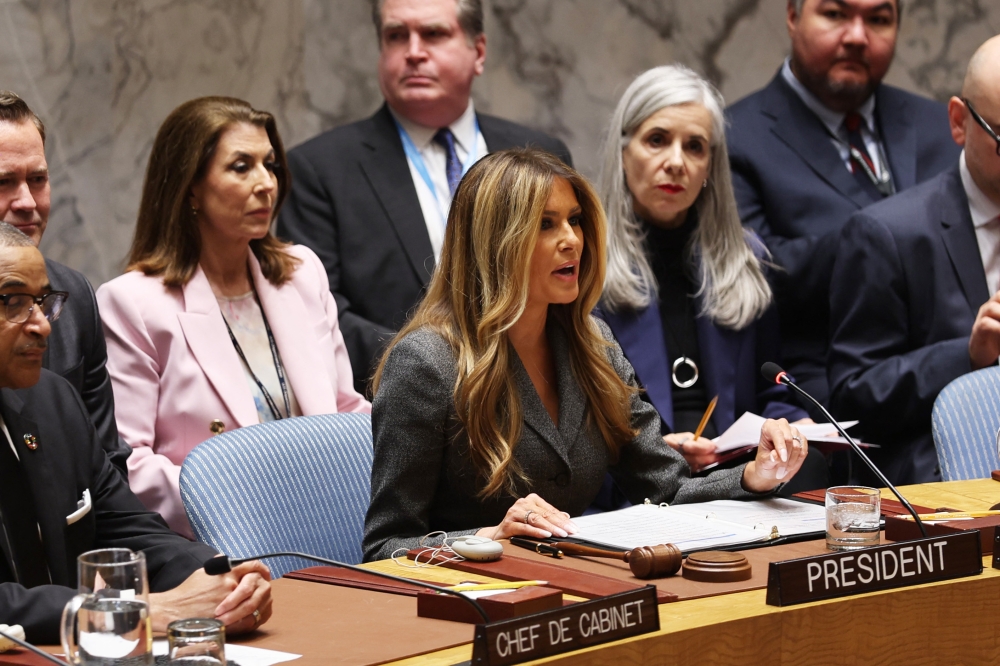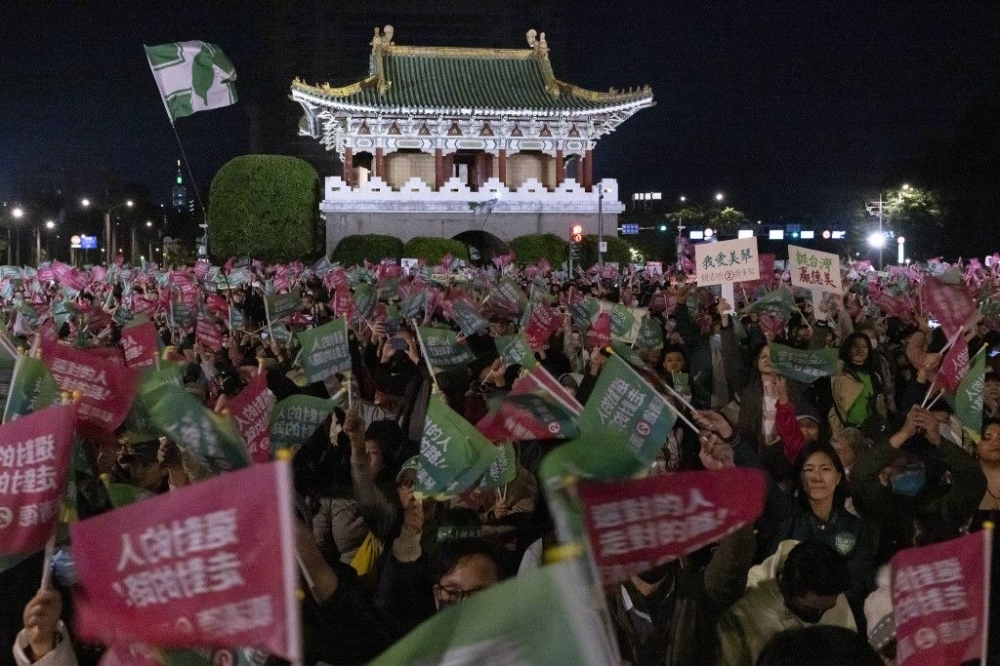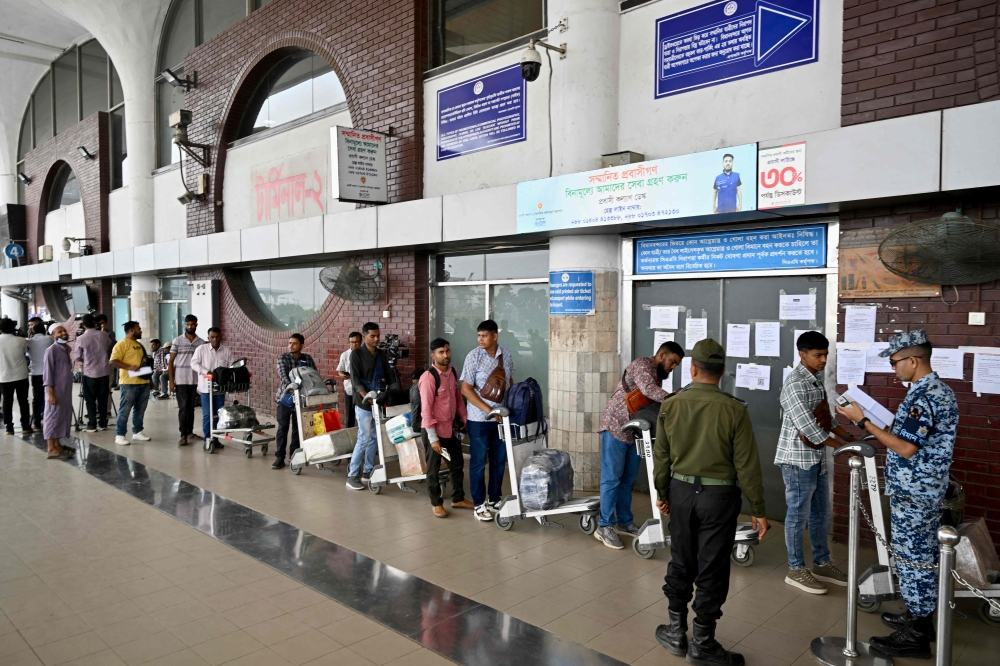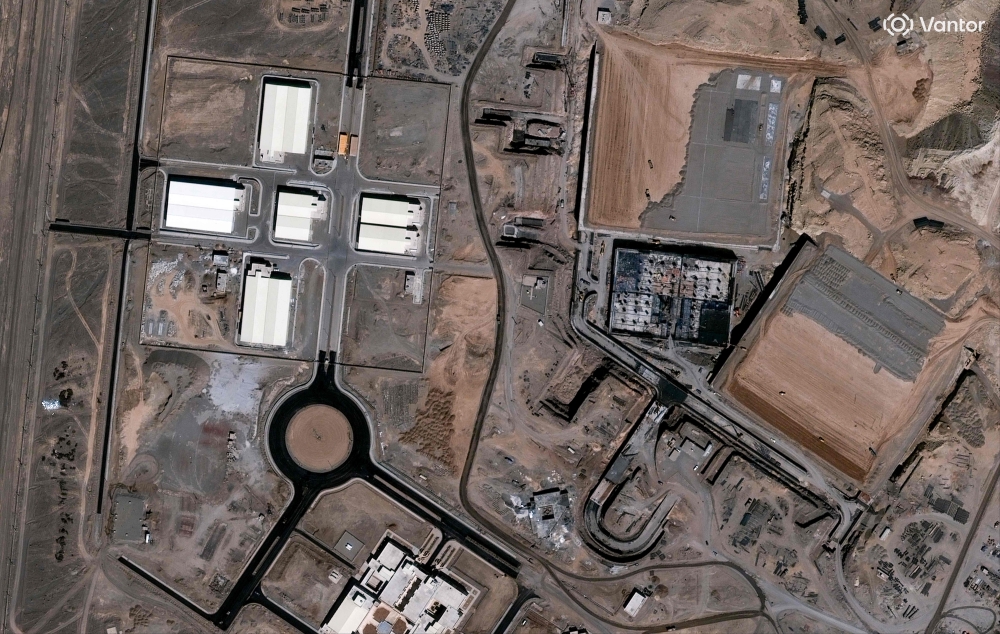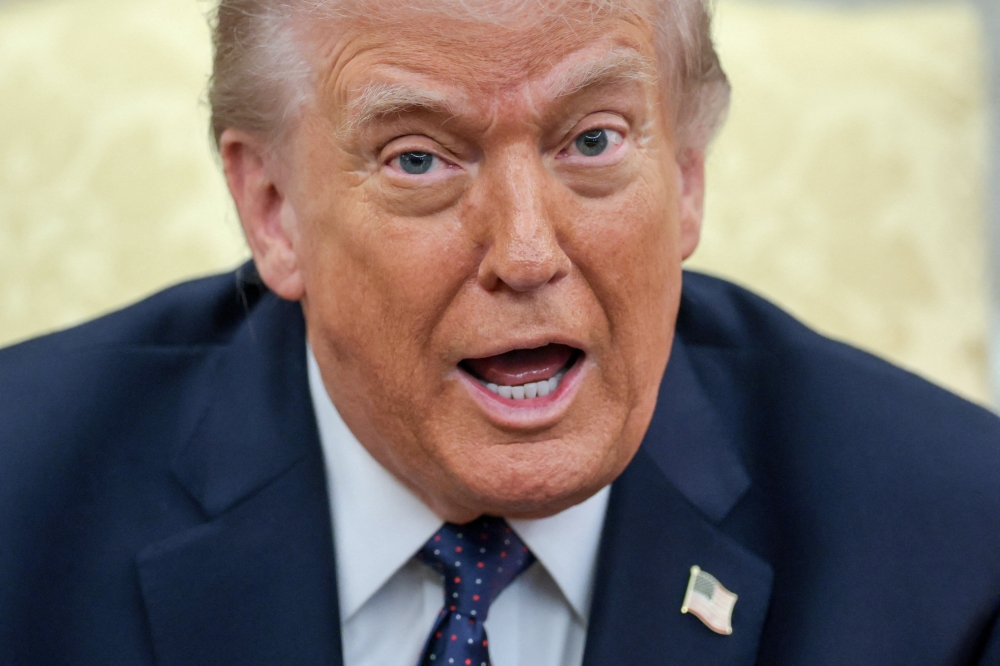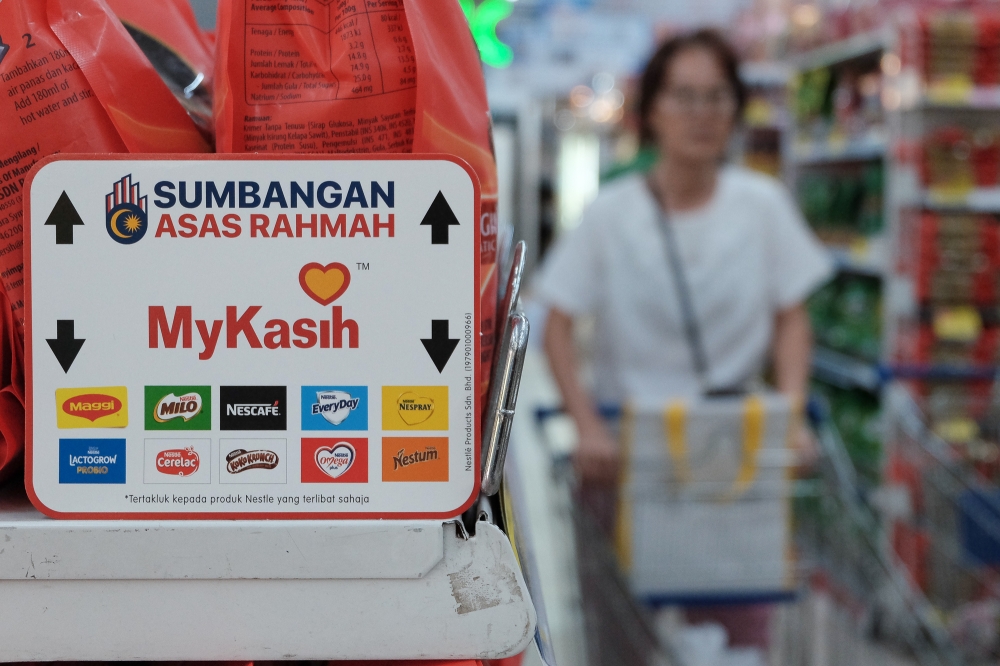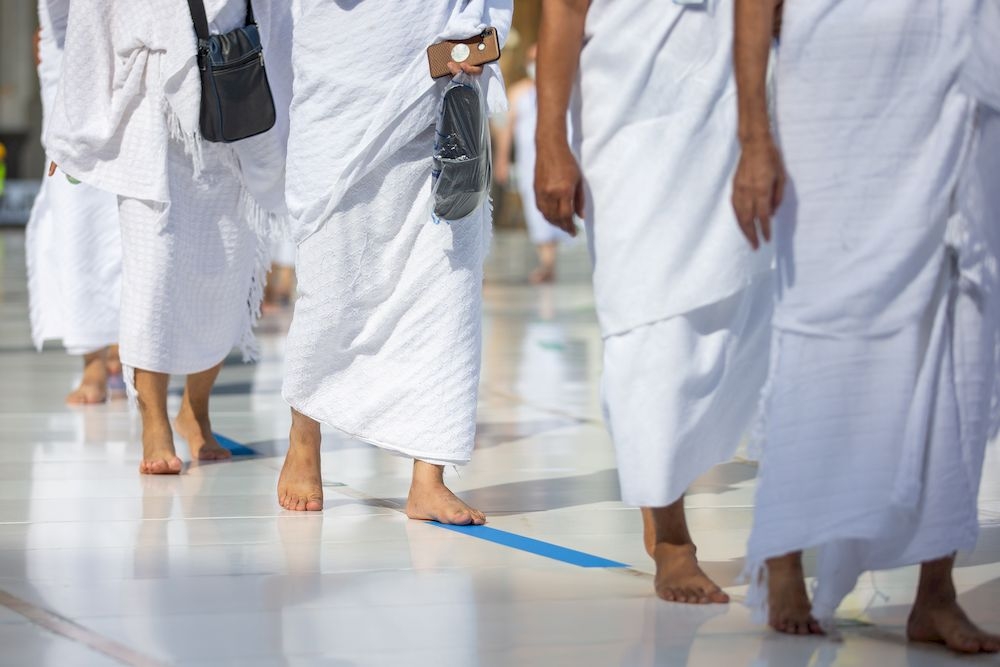TAIPEI, Jan 12 — Tens of thousands of supporters of Taiwan’s three political parties will rally today as candidates make a last push for votes in an election that China has warned could take the island closer to war.
Taiwan’s bustling democracy of 23 million people is separated by a narrow 180-kilometre (110-mile) strait from communist-ruled China, which claims the island as part of its territory.
Saturday’s poll is being closely watched around the world as the winner will lead the strategically important island — a major producer of vital semiconductors — as it manages ties with an increasingly assertive China.
Vice President Lai Ching-te, the front-runner candidate of the ruling Democratic Progressive Party (DPP), paints the election as a choice between “democracy and autocracy” — criticising his main opponent Hou Yu-ih of the Kuomintang (KMT) for being too “pro-China”.
Beijing in recent years has maintained a near-daily military presence around Taiwan, sending in warplanes and ships to its surroundings in so-called “grey zone” harassment actions which fall short of outright provocation.
The weeks leading up to Saturday’s vote have also seen a flurry of Chinese balloons crossing the Taiwan Strait’s sensitive median line, which Taipei authorities have slammed as a form of interference in the crucial poll.
Today, Taiwan’s Ministry of National Defence announced a record-high of five balloons around Taiwan the day before, with one moving directly over the island’s southern tip.
The defence ministry says the balloons are a form of “cognitive warfare to affect the morale of our people” and pose a “serious threat” to international aviation routes.
There were also six naval vessels and 10 warplanes around Taiwan, said the ministry, with two entering the island’s air defence identification zone.
Beijing has never renounced the use of force to bring Taiwan under its control.
It issued a stern warning on Thursday for voters to “make the correct choice”, warning them against voting for Lai.
“(He) would continue to follow the evil path of provoking ‘independence’ and... take Taiwan... closer to war and decline,” said China’s Taiwan Affairs Office.
World watching
The election on the small, verdant island has drawn massive attention overseas, as Taiwan’s next leader is set to determine future cross-strait relations with China in a flashpoint region that has Beijing and Washington tussling for influence.
In a sign of the importance Washington attaches to it, US Secretary of State Antony Blinken will hold talks with a senior Chinese official in Washington on Friday.
Blinken will meet Liu Jianchao — who heads the international division of the Chinese Communist Party’s Central Committee — as the United States seeks to discourage Beijing from taking action against Taipei.
The candidates hit the campaign trail hard this week, crisscrossing Taiwan for temple stops, market visits and small rallies, while making overtures to a large pack of visiting international media that they are the best choice for the island’s voters.
All three candidates — from the DPP, KMT and Taiwan People’s Party (TPP) — have said they will maintain the island’s status quo, and rejected “one country, two systems”, a Beijing doctrine used for governing Hong Kong and Macau.
Beijing’s clampdown on Hong Kong’s freedoms after the city saw massive pro-democracy demonstrations was a defining factor in 2020’s landslide second-term victory for President Tsai Ing-wen, who defends Taiwan as a sovereign state.
Her deputy Lai has reiterated this message, saying Tuesday that “peace without sovereignty is just like Hong Kong. It is a false peace”.
Third-party candidate Ko Wen-je of the TPP — who has performed better than expected in the race to the polls — told reporters Friday that the island needs a “balance” between maintaining communications with China and holding a strong deterrence posture.
“Our bottom line is that we want to preserve our democracy, freedom and our way of life,” Ko said.
China has cut off all high-level communications with Tsai’s administration.
DPP’s critics have said Tsai’s stance on sovereignty is the cause of poor Taiwan-China relations, but supporter Monica rejected that.
“Taiwan is an independent sovereign state. That is why we are electing the next president,” the 48-year-old finance worker, who only gave one name, told AFP during a Thursday night rally for Lai.
“DPP’s stance is not to provoke... if (China) keeps saying that they want to violate Taiwan with force, we cannot accept that.” — AFP

